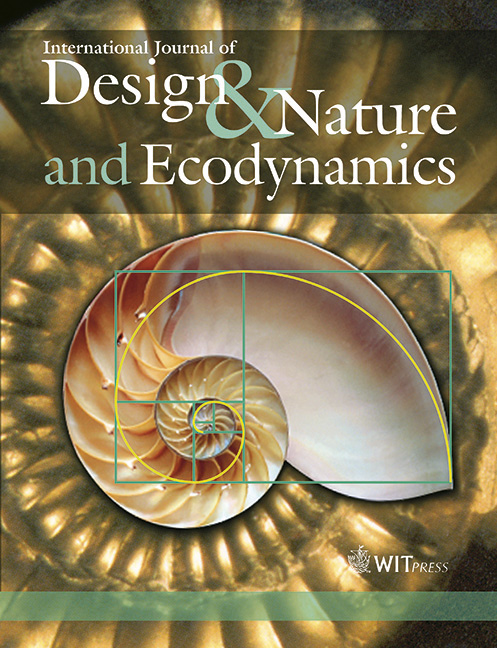Mapping the agrodiversity in Bogotá – the platform mapeo AgroEcoBogotá
Price
Free (open access)
Volume
Volume 13 (2018), Issue 4
Pages
7
Page Range
407 - 414
Paper DOI
10.2495/DNE-V13-N4-407-414
Copyright
WIT Press
Author(s)
K. Pinilla, B. Hoinle, A. Mahecha-Groot & J. Cepeda
Abstract
Counter-mapping is a useful tool to counteract the hegemonic forms of creating maps and overcoming territorial logics of domination. The purpose of counter-mapping projects is mapping and visualizing information to be monitored in real time and generate collaborative creation processes for the creation of alternative learning networks and interactive community cartography that works as a territorial appropriation tool. In Colombia, the counter-mapping platform AgroEcoBogotá is inspired by the social, environmental and agroecological movements that create new ways of doing and being in this world through agroecological initiatives, allowing the emergence of transformative pathways of the agrifood system in the metropolitan area of Bogotá, the capital of the country. The platform is a tool to promote and give visibility to the movement of agroecology in Bogotá, through the mapping of huertas urbanas (urban farms and gardens) and other urban agriculture projects. The aim is to create solidarity links between different urban and peri-urban food initiatives of Bogotá and its neighborhoods and to connect the existing networks of urban agriculture with the rural sphere. The motivation to create the platform was the observation and acknowledgment of the lack of a network of networks that could encourage the interaction and strengthening of agroecological initiatives. With the example of one mapping-point, Casa Taller Las Moyas in the Eastern Hills of Bogotá (Cerros Orientales) we want to illustrate the importance of huertas urbanas as spaces of local community empowerment. In this context, counter-mapping also serves as a resource for resistance and grassroots appropriation of space. As a conclusion, we will reflect about the challenges that AgroEcoBogotá is facing in the effort to make visible the agroecological movement of Bogotá, as well as, to strengthen the existing networks in Bogotá and their rural food supply connections in different parts of the region of Cundinamarca.
Keywords
agroecology, counter-mapping, critical cartography, social movements, urban agriculture.




